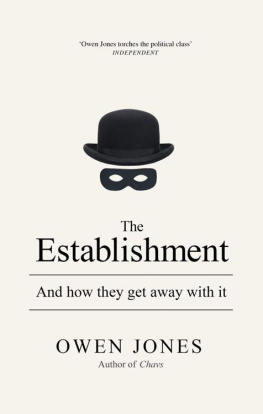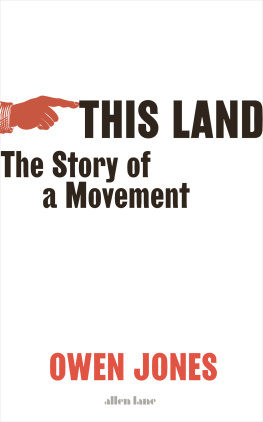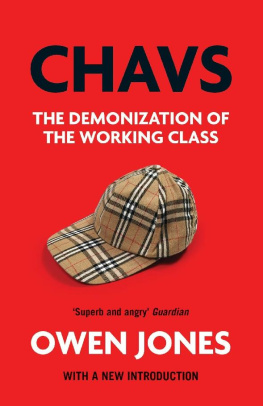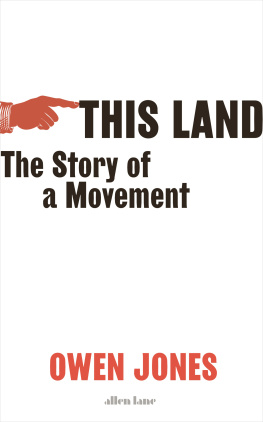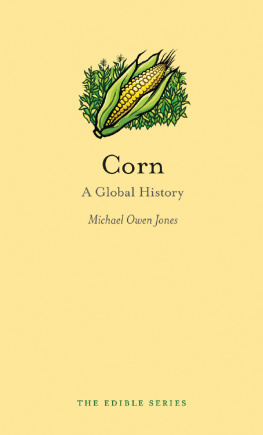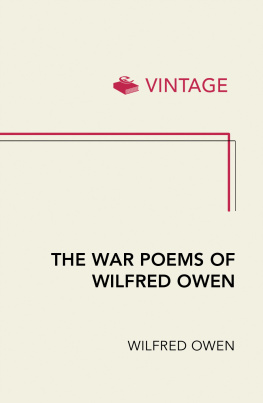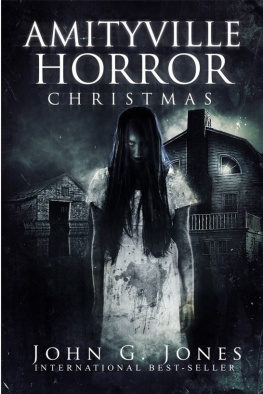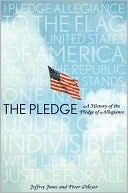Introduction
Britains Establishment is stripped naked and, with no warning, shoved onto a stage. The audience gasps: someone familiar stands before them, but now, under the unforgiving glare of the spotlights, the character is finally exposed for who it really is. Yet, as suddenly as the figure appears, it is covered up again and taken back to where it belongs: offstage.
Or so it has seemed in each of the major crises that have rocked the pillars of power in Britain over recent years. In 2008, as the greed of an unregulated City helped to unleash an economic firestorm, the prevailing mood was summed up by a joke that went the rounds: What do you call twelve bankers at the bottom of the ocean? A start. In the years that followed, the powerful were beset by scandal after scandal. Although never loved, MPs became hate figures after being caught pocketing taxpayers money to pay for their parliamentary expenses: widescreen television sets, second homes, duck houses, moats and pornographic movies. The British police, meanwhile, were embroiled in an apparently endless series of crises, ranging from the deaths of innocent people to the stitching up of Conservative cabinet ministers, exposing a culture of conspiracy and cover-up. And then, with revelations of systematic phone-hacking by the Murdoch-owned News of the World, the power of the media became a topic of popular debate. Light began to fall on the murky connections between the political elite, media barons and the police, not least with revelations of Murdoch-run newspapers indulging officers with dinner parties, dodgy job appointments, secret meetings and bribes.
With this deluge of scandal, the whole question of who really rules, and what they are up to, has become more pressing than ever. British We certainly enjoy hard-fought rights and freedoms that, throughout this countrys history, have been won often with great sacrifice at the expense of the powerful. But our democracy is a precarious thing, constantly colliding with the vested interests of those with power those, in other words, who form the Establishment. And yet, despite this being a familiar term that is often bandied around, we dont really know who or what the Establishment is, or what it looks like which suits its members rather well.
Stare at a blank sheet of paper smeared with ink, and you might be able to detect the outlines of an image. But somebody else looking at the same piece of paper may see something very different. What we see reveals more about ourselves than it does about the smear of ink. This exercise, of course, is known as the Rorschach test and the same principle applies when it comes to looking at the Establishment.
The Establishment is a term that is often loosely used to mean those with power who I object to. This book will indeed suggest there are groups of mostly unelected and unaccountable people who really do rule the roost, not simply through their shared wealth and power, but because of the ideas and mentalities that govern the way they behave. But you dont have to go far to find strongly held and wildly differing opinions about what the Establishment is: what it represents, who constitutes it and who is excluded from it.
Despite being the second most widely read newspaper in Britain and enjoying a powerful role in shaping political debate, the right-wing Daily Mail regularly rails against what it sees as the Establishment. For the former Mail columnist Melanie Phillips a journalist who during her career underwent a startling but not uncommon metamorphosis from liberal to fiery conservative it is the hippie youngsters of the sixties who are now in charge. But the odd thing was that these revolutionaries never grew up, she proclaimed in one column. As this generation of post-war baby boomers grew older, they still clung to the infantilism of their youth. But now they have become the countrys establishment. Across the professions the universities, police, civil service, judiciary the people at the top came from that generation. Meanwhile Peter Hitchens, a one-time Trotskyist revolutionary turned conservative Mail on Sunday polemicist, believes that the Establishment is a halfway house for the morally debauched. Drug abuse, you see, isnt just a minor fringe activity, he wrote. It is the secret vice of the whole British Establishment. Imagining the great and the good hunched over kitchen tables, chopping up cocaine with credit cards, is a striking image, one as arresting as it is evidence-free. But with the Establishment proving so elusive a concept, these sorts of conspiracy theories are inevitable.
Even those who began their careers as political firebrands but who ended up in positions of real power found themselves at loggerheads with the Establishment. John Prescott was once a waiter in the Merchant Navy and a member of the radical left. In 1966 he helped organize a seamens strike, which was denounced by the then Labour Prime Minister Harold Wilson as the work of a tightly knit group of politically motivated men. Thirty years later, Prescott completed his journey from left to centre when, as a key figure in Tony Blairs New Labour project, he became the nations Deputy Prime Minister; after stepping down as an MP in 2010, he became a member of the House of Lords, an institution he had long campaigned to abolish. Britain is still ruled by the elite, he wrote in his Daily Mirror column in 2013. Those who are born into wealth and can afford to buy into privileged networks will continue to dominate the establishment. Prescotts implication is that anyone from a humble background like himself is automatically precluded from being a member of the Establishment; that only those who were born with the odds stacked in their favour qualify for such a label. It is a perception that allows some members of the Establishment to convince themselves that theyre not part of it at all.
These various definitions of the Establishment nevertheless share one thing in common: they are always pejorative. With this in mind, you might think that few would be willing to admit to membership of such a reviled club. But some powerful figures have no qualms about doing so. On being greeted with a firm handshake by the patrician Lord Butler in his central London pied--terre, it was difficult for me to escape the sense that he was born to rule. When he was a student at Oxford, it was rumoured presumably only half-jokingly that anyone tackling him on the rugby pitches risked kicking their future career prospects into touch. Private Secretary to a succession of Prime Ministers, including Edward Heath, Harold Wilson and Margaret Thatcher, Butler became the countrys most senior civil servant before stepping down under Tony Blair. He has the intimidating, lightly worn self-assurance common to the powerful. As his maid busied herself in the kitchen, I asked him whether he considered himself to be part of the Establishment. He replied without blinking: Yes. But even as he expanded on his answer, his definition of what it meant to be in the Establishment started to blur. Well, I mean, in that Ive had a privileged background, which has introduced me to a lot of people, Ive been fortunate in being in the right place at the right time. So yes, I think I am part of a group including many of whom have or have had power.

